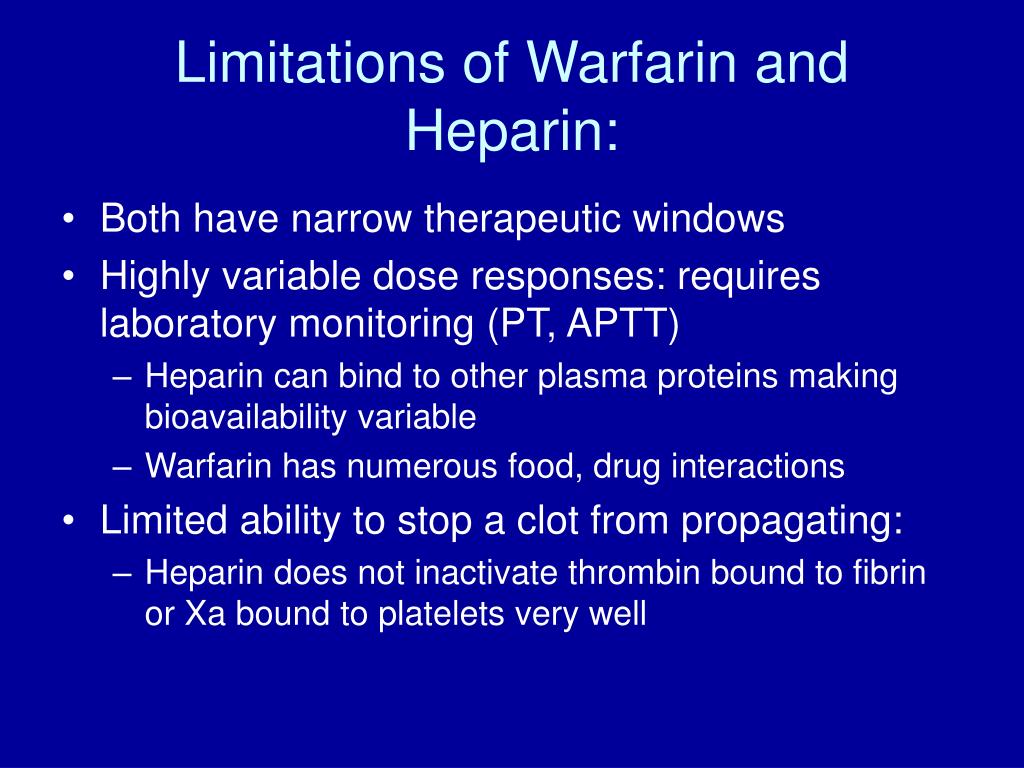
But if you have ongoing health problems, you may need to take them long-term. Some people only need blood thinners for a few months. Your risk of getting blood clots is also higher if you’re overweight, you’ve recently had surgery, or you have an artificial heart valve. That’s a dangerous type of blood clot that often forms in the leg. You may also need blood thinners if you have a heart or blood vessel disease, an irregular heart rhythm, lupus, or deep vein thrombosis (DVT). You may need them if you’ve already had a heart attack or a stroke, since they can lower your risk of having a second one. Who Needs Blood Thinners?Ībout 2 million to 3 million people take blood thinners every year. They’re often prescribed to people at risk for future blood clots, rather than to treat existing ones. These drugs are weaker than anticoagulants. These help blood cells and platelets (tiny pieces of blood cells) bind together.Īntiplatelets keep platelets from sticking to each other and to the walls of blood vessels, forming clots.

Your body needs this to make proteins called clotting factors. Some anticoagulants do this by competing with vitamin K from the liver. They can also slow the growth of existing ones. They come in pill form and include:īlood thinners don’t actually make your blood thinner. These target tiny particles in the blood called platelets. The second class of blood thinners is called antiplatelets. Some of the more widely known anticoagulants include: Most come in pill form, but some are given as a shot or as an IV through one of your veins. These keep your blood from clotting or turning into solid clumps of cells that stick together. But it's important to learn about both before you start taking them. The lifesaving benefits of these drugs often outweigh the potential dangers. But they also come with risks: For example, they’ll cause you to bleed more than usual if you cut yourself. These drugs help protect against heart attacks and strokes.

They’re used to treat some types of heart disease and heart defects, along with other conditions that could raise your risk of forming dangerous clots. They keep blood clots from forming or getting bigger. Blood thinners are medicines that help blood flow smoothly through your veins and arteries.


 0 kommentar(er)
0 kommentar(er)
